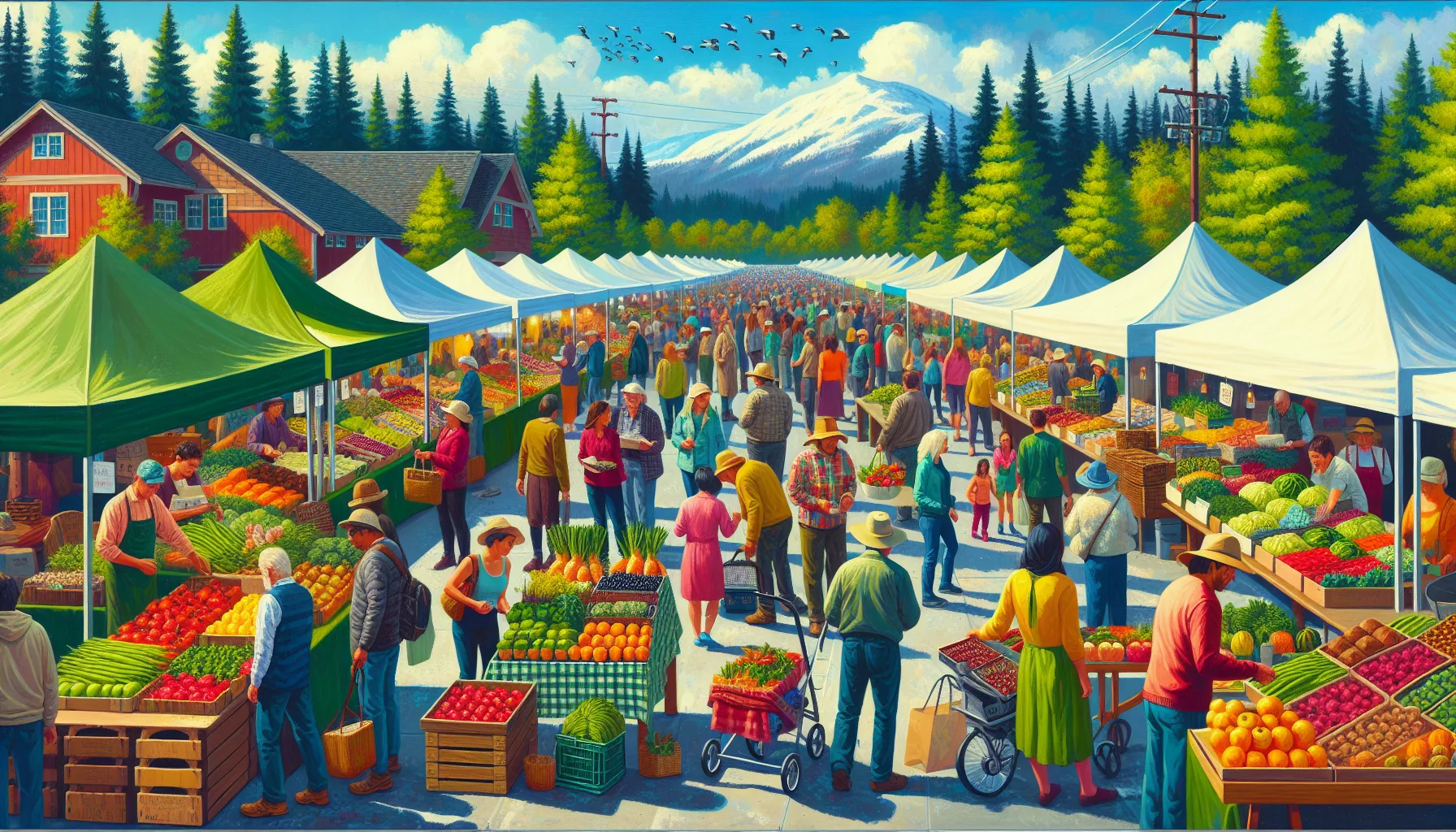The sustainable agriculture movement has gained significant traction in recent years as individuals and communities recognize the importance of supporting local food systems. This movement, which emphasizes environmentally-friendly and socially responsible farming practices, is crucial for promoting long-term sustainability and improving the overall well-being of communities.
What is Sustainable Agriculture?
Sustainable agriculture refers to the practice of producing food, fiber, and other plant or animal products using methods that do not harm the environment, deplete natural resources, or compromise the well-being of individuals involved in the food production system. It is a holistic approach that takes into account the economic, social, and environmental aspects of farming.
One of the key principles of sustainable agriculture is the promotion of biodiversity. By using diverse crop rotation, intercropping, and cultivating multiple crop varieties, farmers can reduce the reliance on chemical pesticides and fertilizers, which can have detrimental effects on soil health and water quality. By maintaining a diverse ecosystem on their farms, farmers also provide habitats for beneficial organisms such as pollinators and natural predators, helping to control pests and promote a healthy balance in the environment.

Another important aspect of sustainable agriculture is the efficient use of resources. This involves minimizing water consumption through techniques such as drip irrigation and rainwater harvesting, as well as optimizing nutrient management to reduce fertilizer runoff and soil erosion. By implementing these practices, farmers can reduce their environmental footprint and contribute to the conservation of natural resources.
The Benefits of Supporting Local Food Systems
Supporting local food systems is a key way to promote sustainable agriculture and contribute to the well-being of both individuals and communities. When consumers choose to buy locally produced food, they are supporting small-scale farmers and local businesses, which helps to strengthen the local economy.
In addition to economic benefits, buying locally also has positive environmental impacts. Locally produced food generally requires less transportation, reducing greenhouse gas emissions associated with long-distance transport. By purchasing locally grown produce, consumers can significantly reduce their carbon footprint.
One of the main advantages of supporting local food systems is the ability to access fresh, high-quality produce. Local farmers often prioritize flavor and nutritional value over durability and shelf life, allowing consumers to enjoy the full spectrum of flavors that fresh food has to offer. In contrast, produce that is transported over long distances often needs to be harvested prematurely and may be stored for extended periods, resulting in a loss of taste and nutritional value.
Furthermore, engaging with local food systems provides individuals with a deeper connection to their food and the people who produce it. Farmers’ markets and community-supported agriculture (CSA) programs allow consumers to directly interact with farmers, ask questions about their growing practices, and learn about the seasonality of different crops. This not only supports local food producers but also fosters a sense of community and promotes food education.
Exploring local farmers’ markets is a great way to support sustainable agriculture and experience the vibrant local food scene. You can find a variety of fresh produce, locally-made products, and connect with the farmers who grow your food. Whether you live in a rural area or an urban center like Issaquah, there are likely farmers’ markets near you that offer an array of delicious and nutritious options. These markets provide an opportunity to support local farmers and contribute to a sustainable food system.

local farmers’ markets
Another way to support sustainable agriculture is by exploring online platforms that connect consumers with local farmers and producers. These platforms, such as the Eastside Ideal Health Community Supported Agriculture program, make it easy for individuals to access fresh, locally-grown produce directly from farmers. By joining a CSA program, you can enjoy a weekly or bi-weekly supply of seasonal produce while supporting sustainable farming practices.
By supporting local food systems and embracing sustainable agriculture practices, individuals play an important role in promoting a healthier, more resilient food system. Community involvement and consumer demand for sustainable products can drive positive change in the agricultural industry, creating a more sustainable future for all.
Eastside Ideal Health Community Supported Agriculture program.